Rule Change Proposals, Extreme Circumstances and Constitution
Are we really sure we want to amend part of the Constitution?

by Pietro Fantoni
[Note: in the “Exchange of views and reading” category we host opinions, comments and points of view, even if they do not coincide with the official position of the Board or the Board members. The only condition is that these opinions are well motivated and not offensive to anyone.]
I am inspired by Antonio Bari’s article “Constitution Change Proposal”, with which I agree, to add some of my personal considerations and suggestions.
Stability is good
Any legal system or set of rules works best when stability is guaranteed over time. Stability improves knowledge of the rules and, ultimately, compliance with them. If the rules are changed too often it is difficult to know the rules, which makes it more difficult to both respect and enforce them. Stability, knowledge and effectiveness are closely linked.
As a sailor, I can say that, after the approval and entry into force of the Class Rules in 2018, a decrease in the Rule Change proposals submitted would have been desirable in the following years.
Now I am quite confused by the high number of proposals (17) submitted this year
My strongest feeling is against Rule Change Proposal 22-02, which would give the Board of Governors emergency powers to make changes to the rules and to the constitution.
The proposer’s reasons include the admission that, due to COVID, “many changes were taken in disregard of the Constitution.”

This refers to what happened in 2020, when regattas traditionally scheduled for even years were switched to odd, and vice versa.
Canceling regattas is possible (in 2020 European and WH&O). But if you want change the class rules, the Constitution, Rules of Conduct, or Deeds of Gift (for example, move regattas that were originally held in even years and vice versa to odd years), you are making such significant changes, and the “Decision Making Process” should be respected.
The Decision Making Process is stated in the Constitution in Section 28, spelling out a procedure that governs the presentation, discussion, and approval of proposals. This guarantees transparency, publicity and discussion.
Nobody is above the rules of the Association, and the Constitution must be respected. Changing the rules outside the decision making process violates the constitution and could be challenged by any member of the Association.
Rule Change Proposal 22-02 would introduce a new section:
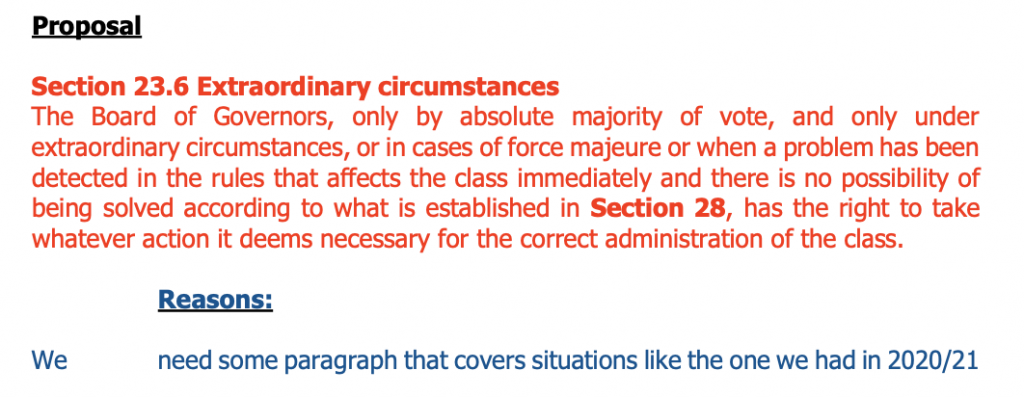
But is it really necessary and appropriate to introduce this new Section 23.6?
In my humble opinion: no.
Any changes to the rules of the class, especially to the Constitution, must follow a democratic process. Under “extraordinary circumstances,” there could be abuses; theoretically the Board could even perpetuate its own power and remain in office beyond their elected terms. “Extraordinary circumstances” should never allow changes to the Constitution without following the Decision Making Process.
Furthermore, the concept of “force majeure” is only relevant to contract law; when a contract excludes the liability of a party in the event of a breach of an obligation.
Could it be useful to allow modifications to the Class Rules for cases of extraordinary need and urgency, for example, if there was a “hole” in the technical rules (not the Constitution) and someone had taken advantage of it, obtaining a significant advantage? It could perhaps be useful, but in this case the proposal would have to be rewritten to allow the Rules Committee to take urgent action to amend the Class Rules; those amendments could then be confirmed or not, following Section 28’s Decision Making Process. However, urgent technical problems have always been solved before through an “official interpretation” by the Chairman of the Rules Committee.
Proposal 22-02 is not limited to this change, but would propose many others amendments, all focused on “exceptional circumstances” (such as Covid) that would justify changes to the Constitution. And also Proposal 22-04, for the same reasons, would introduce (unspecified) changes to the Deeds of Gift. These attempts to change the Constitution and other rules, in my humble opinion, are unmotivated. The Board already has all the tools to manage the most difficult situations in a transparent and democratic way.
P.s. In far more serious circumstances than a pandemic and for far more important interests than those concerning a Sailing Class, with the Allied Forces retreating to Dunkirk, British Prime Minister Neville Chamberlain resigned, Winston Churchill asked for the confidence of Parliament. There were no constitutional shortcuts in emergencies.
Comments for this post are closed

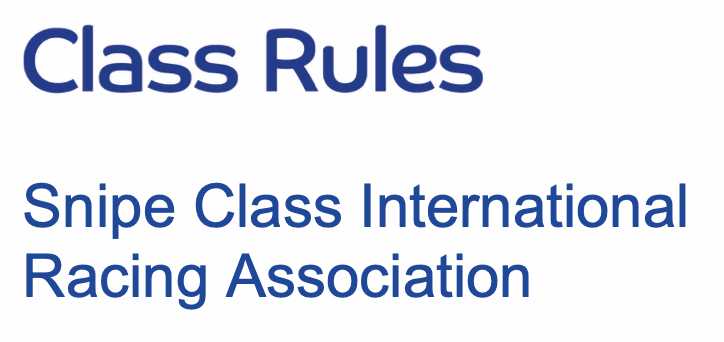

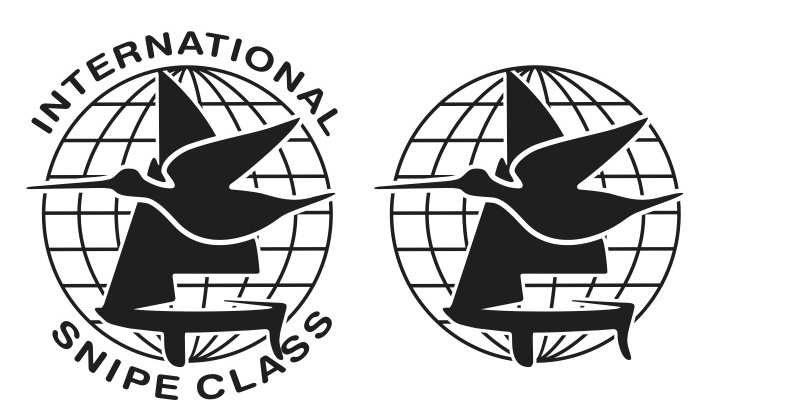
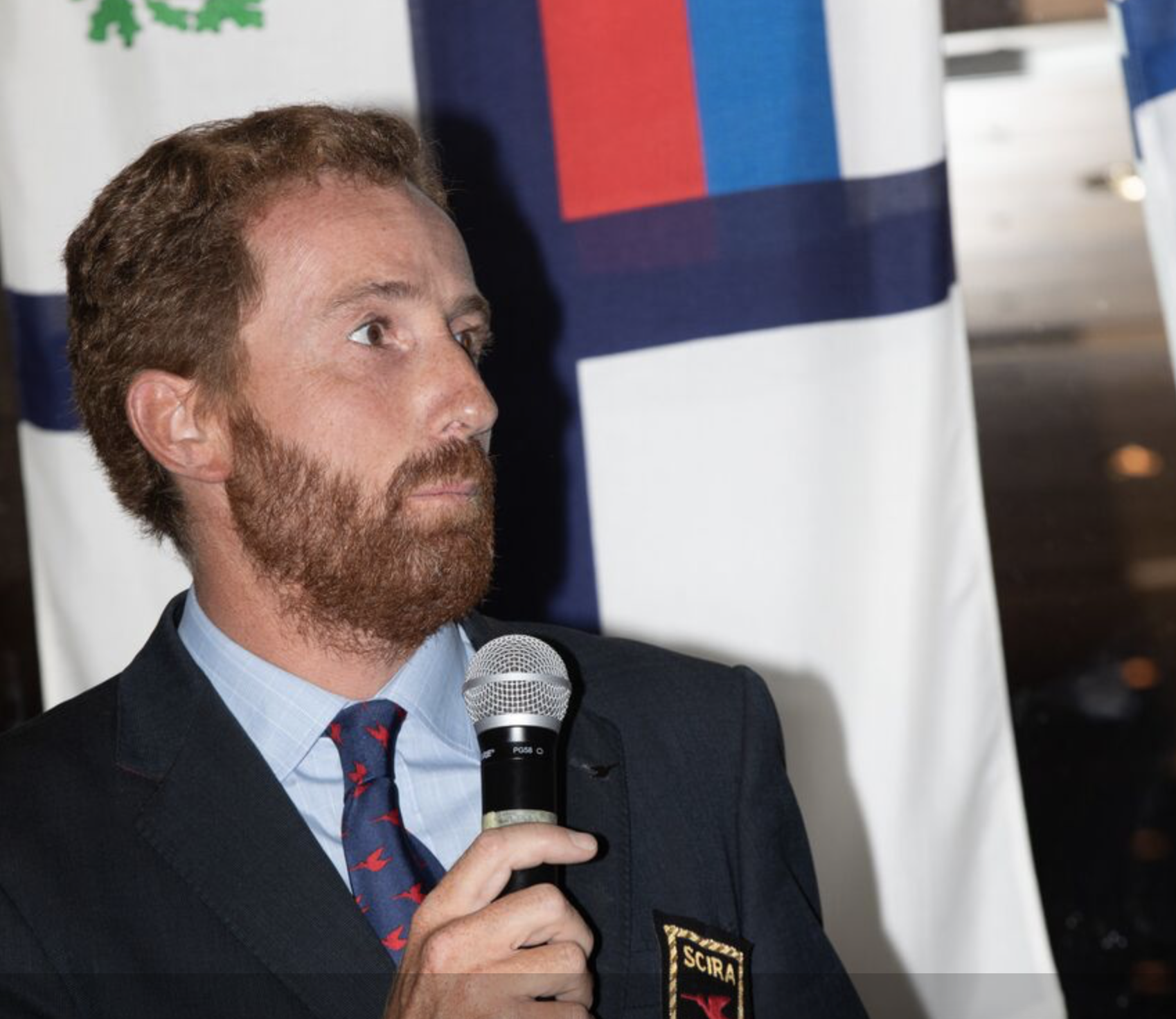
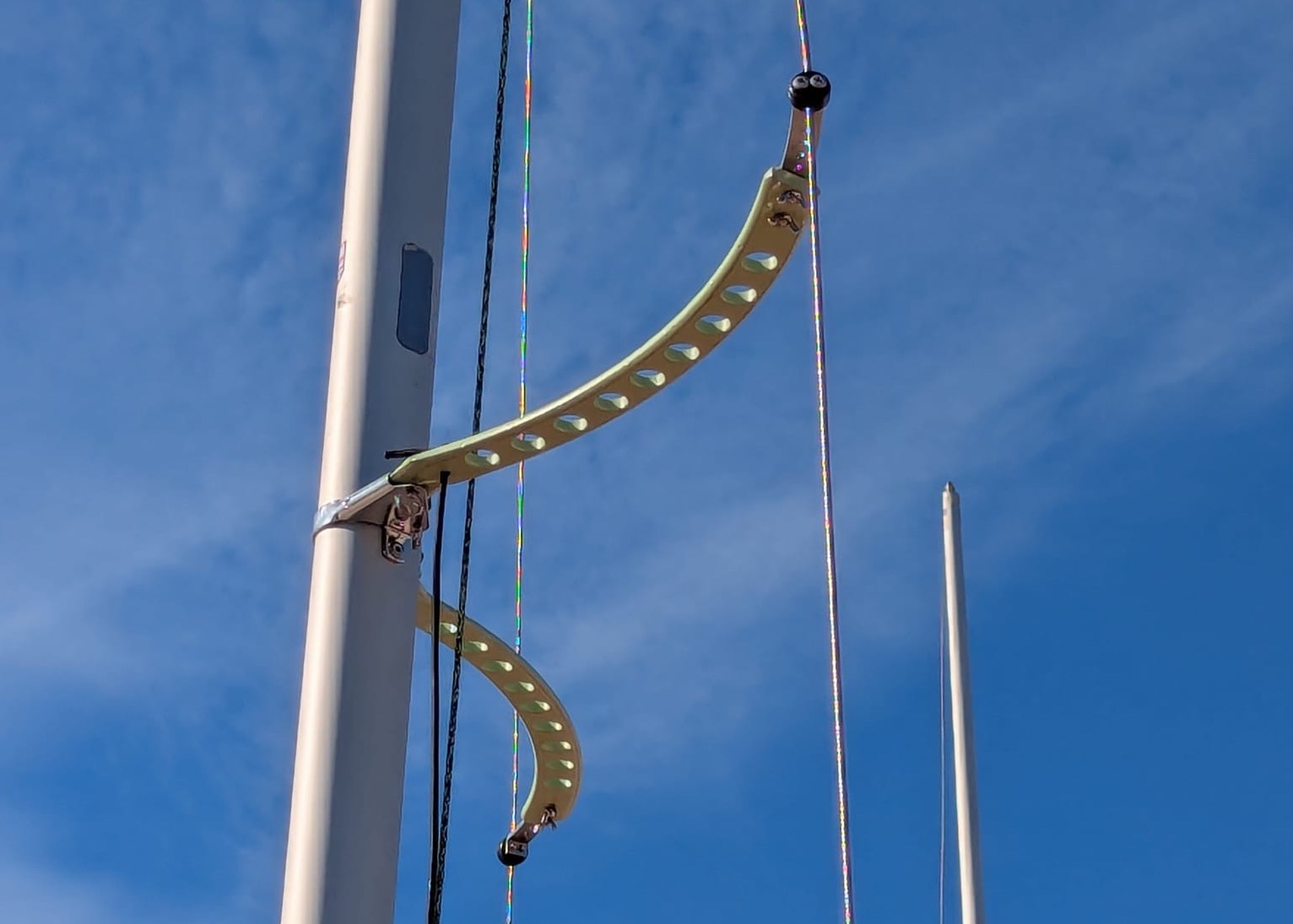


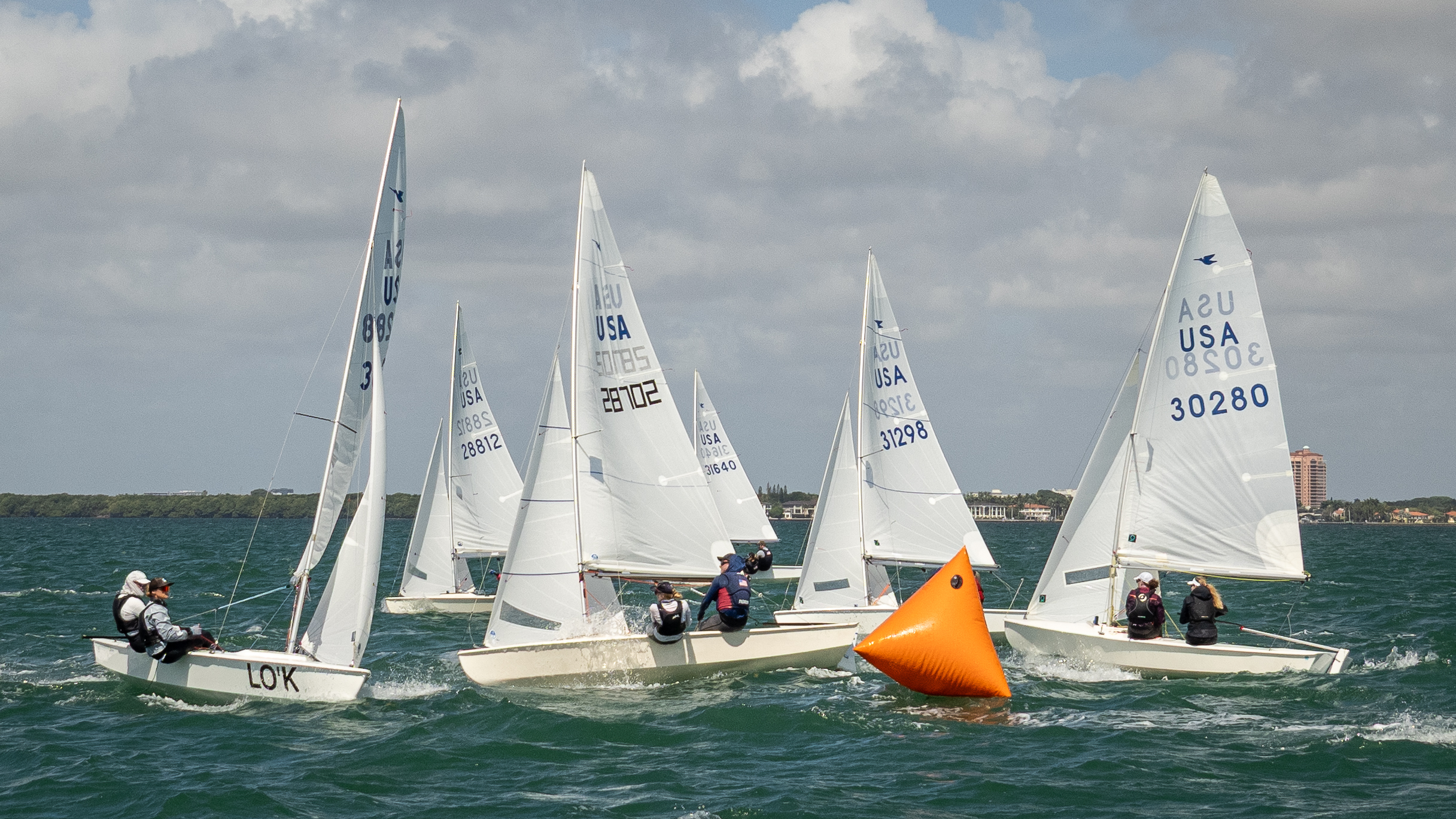
0 comments